In the latest development against the misuse of artificial intelligence in the digital art scene, the University of Chicago's Glaze team has released a new data-poisoning tool named Nightshade. This tool is designed to empower artists to combat unauthorized AI replications of their work. Nightshade distorts the features within AI generative models to protect original content. It acts more aggressively compared to Glaze, the team’s earlier defensive tool, by targeting and "poisoning" AI models trained on unlicensed artwork. Both tools aim to safeguard creators’ rights and are expected to integrate in the future, making it harder and more costly for AI to train on unlicensed data. The release of Nightshade comes amid controversies where companies like Square Enix and Wizards of the Coast have been called out for their use of AI in art creation, revealing a growing concern across the creative industries about the ethical use of AI-generated artwork.
How can Nightshade help prevent the misuse of my artwork by AI?Nightshade is designed to "poison" generative AI image models by distorting the feature representations inside them. If an AI tries to replicate or use your artwork without permission, Nightshade will make it difficult for the AI to accurately reproduce or train on your content, thus acting as a protective measure against unauthorized use of your art.
Nightshade and Glaze are clear responses to the rising tensions between AI technology and content creators. Tools like Nightshade are increasingly important as AI becomes more prevalent in art creation - a topic underlined by recent incidents with Foamstars and Magic: The Gathering. The integration of artistic talent and AI-generated art has sparked conversations about copyright, creative license, and the future responsibilities of tech companies in ensuring ethical use of digital artwork.

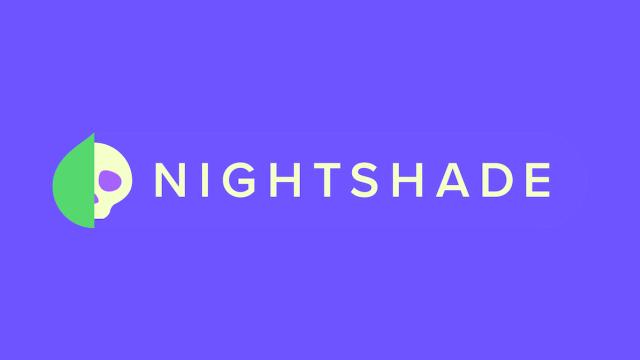
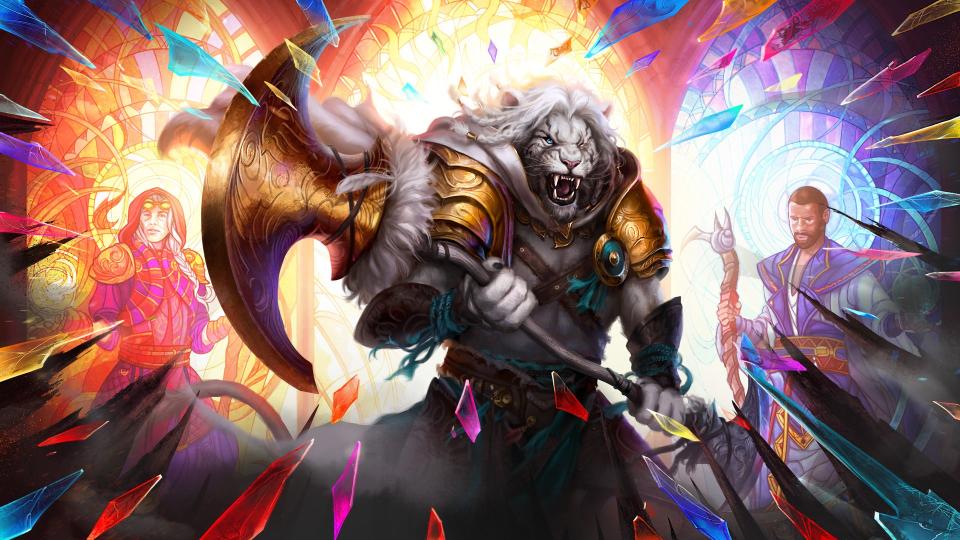
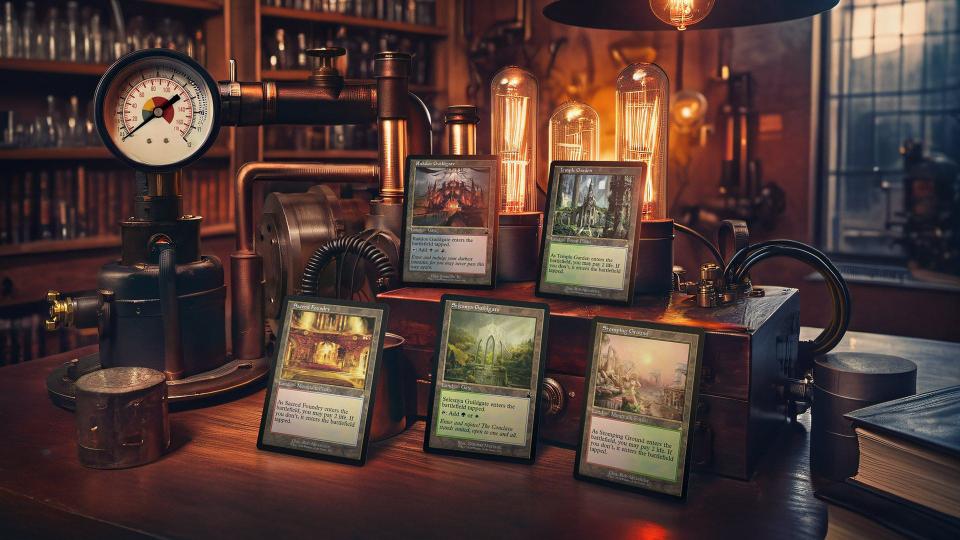
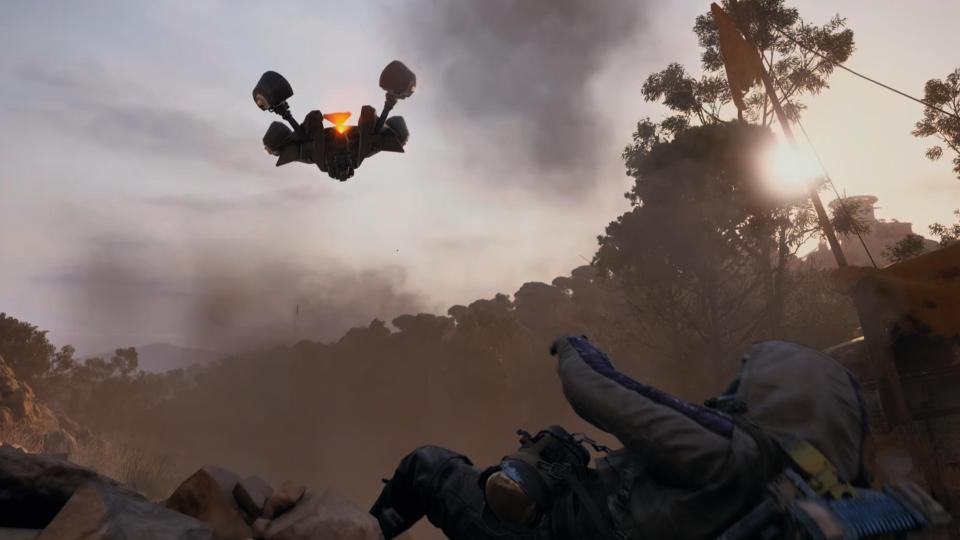


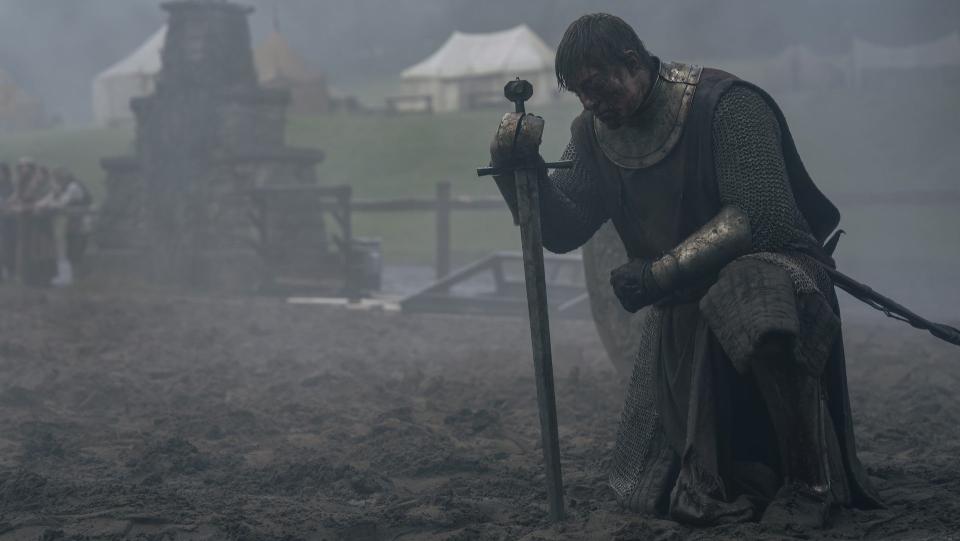
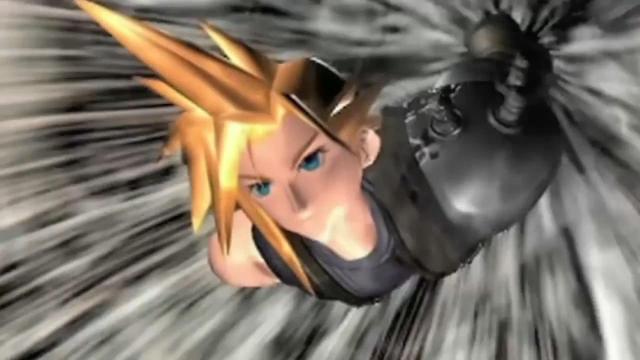
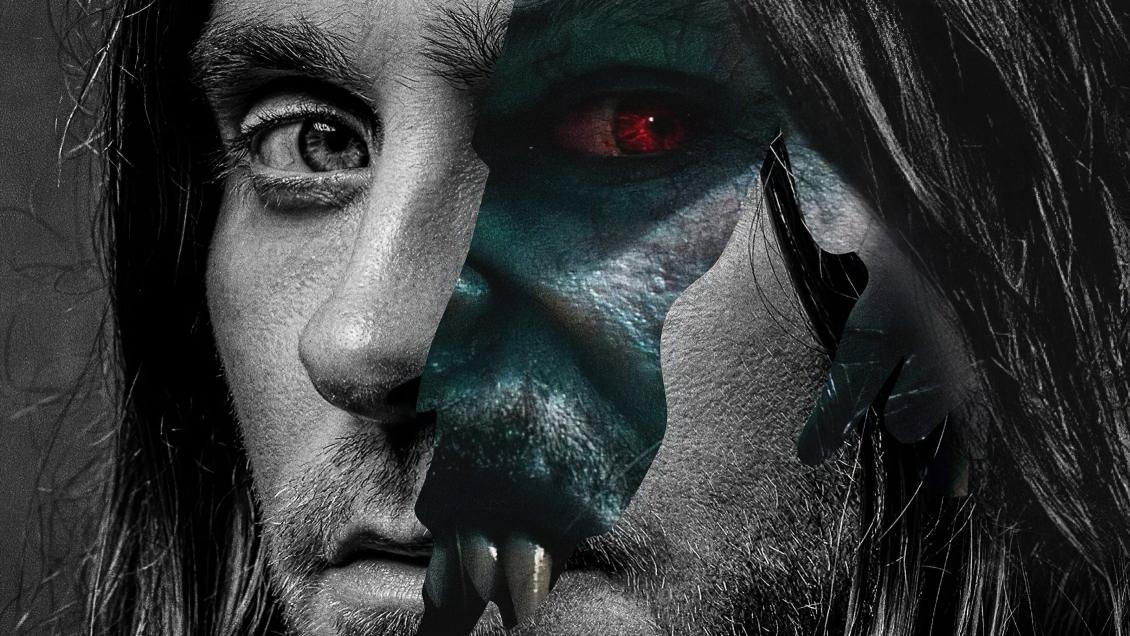
Comments
No comments yet. Be the first to comment!